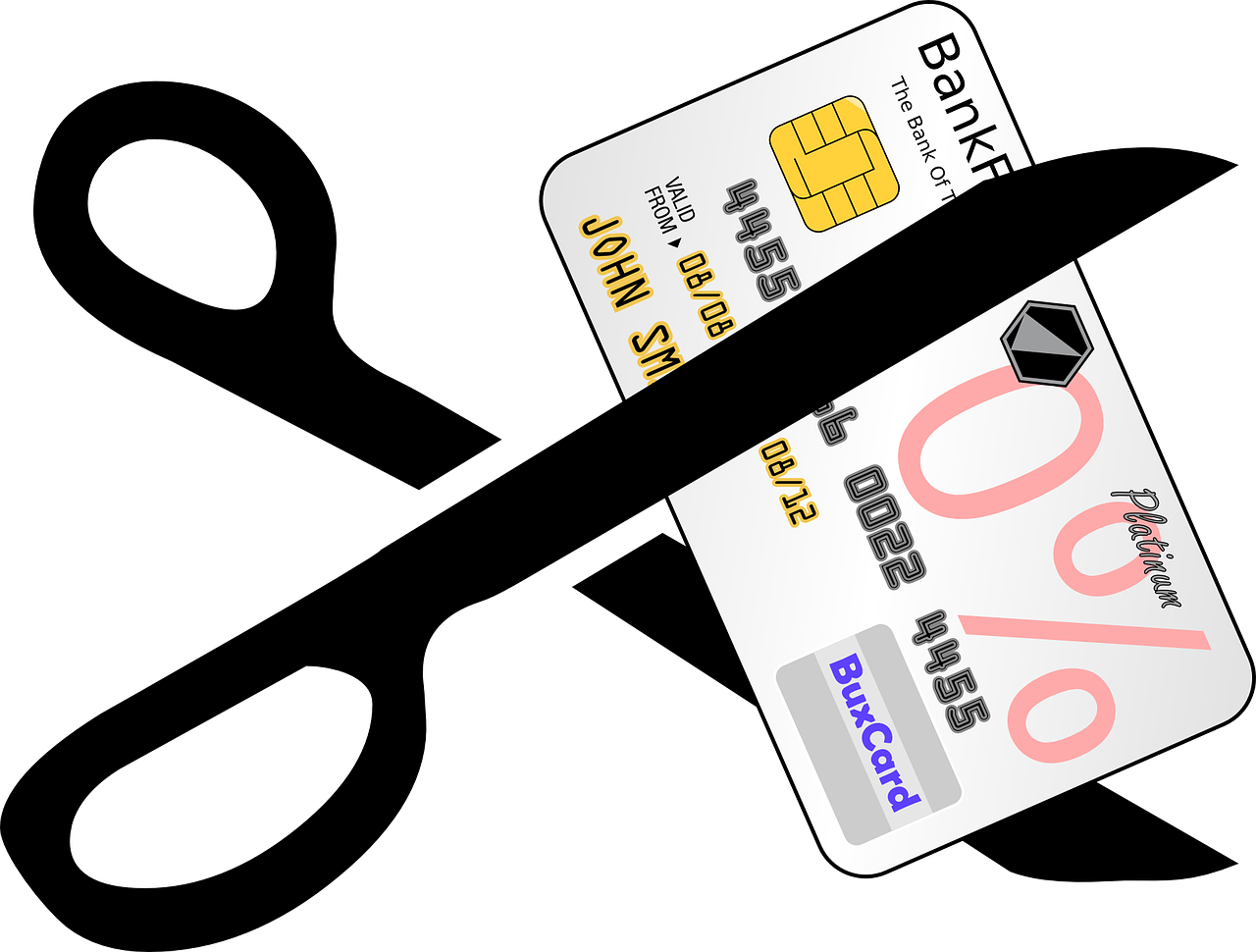One of the main reasons why people are turned down for a mortgage is a low credit score. That’s why it’s so important to start working on improving your credit score now if you plan to buy a home in the future. Your credit score serves as a numerical summary of your credit history. It tells lenders how you’ve paid your debts in the past whether that be credit cards, car loans, or college tuition. The score tells lenders how much of a risk you are as a borrower. It can also be used to gauge how much money they are willing to loan you.
How is your credit score calculated?
The three credit bureaus (Equifax, Experian, and TransUnion) calculate your score. They may include rental payments and even your employment history, but all three do not calculate alike. However, the scores from all three bureaus should be close in number.
Here are the main factors that determine your credit score:
- Credit payment history (late payments?)
- Debt to credit utilization (Have you maxed out your cards? Keep your debt-to-credit ratio below 30%)
- Credit history length (How long have you had credit cards? Have at least six months credit?)
- Different types of credit accounts (ie. Not just credit card accounts)
- New credit cards (Note: Sometimes opening new credit lines can work against you because the average length of your credit history decreases.
Check your score often
It’s a good idea to check your credit score at least once a year. Every six months would be even better. It’s a good way to keep a checkup on how you’re doing financially and it keeps your debt in check. So many people spend without abandon and don’t realize how deeply in debt they’ve dug themselves. Credit cards are so easy to use, so you can quickly spend your way into deep debt if you don’t keep a close eye on it. Also, checking your credit score and credit report is a good way to protect yourself from identity theft.
Many banks offer free credit scores and reports. Ask your branch if they offer this service to members. If not, there are plenty of online credit score sites such as CreditKarma.com where you can receive an updated and free credit score within minutes of filling out their online registration form.
What is considered good credit?
A credit score of 620 is good enough to apply for an FHA loan or VA loan. A perfect credit score would be around 850, excellent would be 760-849, good 700-759, fair 650-699, and low 650 and below. Most people’s scores hover around 695. To qualify for a traditional home loan, you’ll want to strive for a score of 640 or higher. The best interest rates can be had by scores of 740 and up.
What if you have poor credit?
Don’t lose hope. The Federal Housing Administration offers low credit score borrowers the opportunity to qualify for FHA loans with a 10 percent down payment. Borrowers must have a credit score of 620. Contact the FHA office at (202)708-1112, or ask a qualified realtor about government loans.
How to improve your credit score…
It takes time for your credit score to show improvement, but when it does, it can save you thousands when you apply for a mortgage. How long does it take to build credit? It all depends on what actions you take to boost your score. Sometimes the change is almost immediate while other improvements may take months to appear on your credit report. Improving your credit score will take some work on your part, so here are a few tips to help you get started.
Look for errors
Review your credit report for errors. Believe it or not, according to the Federal Trade Commission survey and study of credit reports, one in four Americans find errors on their credit report. Take advantage of free credit score services online such as Credit Karma, and consider reviewing your credit report at least once a year. Should you find an error, contact the three credit bureaus with proof of the error. The bureaus can remove these errors from your credit report and this will greatly improve your score.
The change will not be immediate. In fact, if it’s a mixup of identities, it could take up to two months for the correction to be reflected in your credit score. If it’s your own credit card account, then it could take even longer (three months).
Pay it down
This one may sound obvious. Pay your credit debts down. This will impact your credit score the greatest and the fastest. Thirty percent of your credit score is factored by the comparison of how much you have borrowed in credit versus how much debt you owe. This is your debt-to-credit ratio or credit utilization ratio.
Pay your credit card debts down to 1 percent of your credit limit before the bank reports to the credit bureaus. You can find out when your bank reports this information by asking them or by checking your credit report. It can take up to one month for improvement to show on your credit report.

Pay on time
This, too, is a no-brainer. If you show a drastic improvement, your credit score will improve. For instance, if you’ve been late paying three different accounts for a couple or more months, then suddenly paying all of them on time consistently for a few months will greatly improve your credit score. You could see improvement up to two months from the time you pay on time.
If one of your payments is less than 30 days late right now, make sure to pay it right away because most creditors don’t report late payments to the bureaus until after the payment is 30 days late. Consider registering for online banking and online credit card account management. This will make it easier to pay your credit cards on time. You can even set alerts and recurring payments to help you make your payments on time.
Open new line of credit
This can help improve your score by increasing your total outstanding credit line, so your debt-to-income ratio will improve. In other words, it increases the dollar amount of credit available to you and makes the debt-to-income ratio look better because you now have more credit available to you in comparison to how much debt you owe.
Also, adding to the mix a different type of account such as a student loan or a car loan will help improve your “credit mix”. This is what the credit bureaus call it to show how a person handles different types of accounts. You should see your credit score improve within six weeks. However, don’t abuse this method because it can work against you as far as decreasing the average age of your overall credit history.
Piggyback as an authorized user
Many people are unaware of this credit score boosting tactic. If you have a family member with good credit, you can become an authorized user on one of their credit card accounts. The other account’s history of good credit will be added to your credit history. This can increase your score because it increases the average age of accounts on your credit report. The improvement to your score should be immediate.
Armed with tips like these, you should have an improved credit score six months to a year from now. It’s important to take the time to boost your credit because it can save you thousands when you apply for a home loan. So, in the meantime, keep your current credit card accounts open even if you don’t use them, pay your bills on time, and talk to a reputable realtor who has years of experience dealing with a variety of home loans and can talk with you about the credit score needed first time home buyer.


